(HBĐT) - From a variety of plants passed down through many generations, initially grown mainly for family consumption, in recent years, the native melon has become known to many people, many traders have come to the garden to buy, so Mr. Dinh Hong Min, Buong Bai hamlet, Van Son commune (Tan Lac) has invested in expanding the melon garden to bring profit and develop the family economy .
The melon garden of Mr. Dinh Hong Min's family in Buong Bai hamlet, Van Son commune (Tan Lac) brings in an average income of 60 million VND/year.
As a mountainous commune of Tan Lac district, the rugged terrain makes life difficult for the people of Van Son commune. Most people live by growing rice, corn, and cassava. However, due to the natural conditions of many rocky mountains and uneven land, farming is not effective. Originating from indigenous varieties, passed down from ancient times, melons are grown by households in Van Son commune interspersed with corn on the fields.
Visiting the melon garden, he shared: "In the past, my family mainly grew corn and rice, but due to prolonged drought and lack of water for rice cultivation, we had to find other more suitable plants to grow. Since 2018, I have switched to growing native melons, which are only found in highland communes. At first, I tried planting 100 - 200 m2, now the area is more than 1,000 m2. Melons are quite similar to cucumbers, but they are bigger, longer and firmer than cucumbers. Some melons weigh more than 1 kg, the smallest is almost half a kilo. The melon skin is thick and smooth, bright green mixed with faint green stripes like cucumbers, thick flesh, crispy and fragrant, sweeter and cooler than cucumbers".
Normally, melons can be grown once a year, starting at the end of March and can be harvested after 2 months. This type of plant does not require much care, only need to make a trellis for the vines, no need to use any fertilizers or stimulants, pesticides. The average yield of melons is about 3 tons/1,000m2/crop. The selling price purchased by traders in the garden ranges from 15 - 20 thousand VND/kg. If brought to the district market, the price is higher, about 25 - 30 thousand VND/kg. The melon garden alone has brought Mr. Min's family an income of about 60 million VND/year, combined with growing corn and tangerines to help improve the family economy significantly, effectively reducing poverty. Mr. Min added: "In addition to melons, I also grow corn and tangerines according to the instructions of the Commune Farmers' Association. Currently, my family has about 500 tangerine trees. In terms of economic efficiency, tangerines are more effective than melons, but they are difficult to care for, are prone to pests and diseases, and take longer to grow, taking 4-5 years to produce a harvest, and only in the 6th year can they be harvested in full. On average, 1 tangerine tree harvests more than 100 kilograms of fruit. However, it is necessary to plant many crops to ensure output because traders come to buy large quantities, while people who plant medium and small crops have to bring them to the market to sell, which is very difficult."
Mr. Dinh Van Doanh, Head of Buong Bai Hamlet, Van Son Commune, said: "The whole hamlet has 87 households, almost half of the households in the hamlet have started growing the native melon variety. The total area is about 4 hectares, of which Mr. Min's household has the largest area. Last year, few households planted so the price of melons was high, this year many households planted, the quantity is large so the price is lower. Many people in the lowlands find the melon strange because the fruit is big, looks like a mutant melon, but it tastes sweeter and more delicious than regular cucumbers. Native melons bring high economic efficiency but are short-term crops, after more than 1 month of harvesting, we have to wait for the next crop. If we can harvest many crops, the economic efficiency will be higher. People in the commune hope that the Party Committee and the government will pay attention and create conditions to establish cooperatives, from which we can connect parties to consume products, helping to improve and enhance the economic life of the people.
Hoang Duong
Source



![[Photo] Top players gather at the 2025 Nhan Dan Newspaper National Table Tennis Championship](https://vphoto.vietnam.vn/thumb/1200x675/vietnam/resource/IMAGE/2025/5/23/9ad5f6f4faf146b08335e5c446edb107)




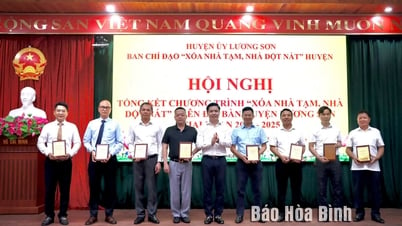
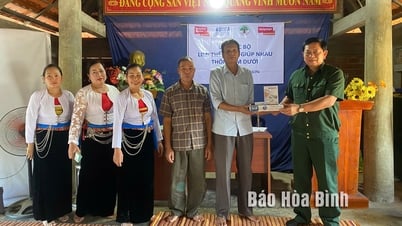



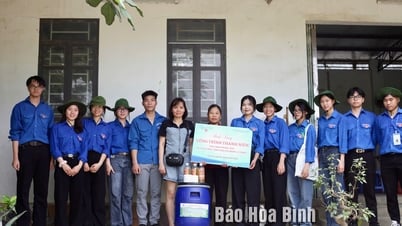




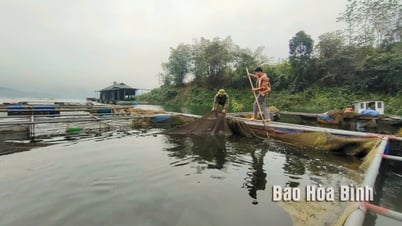

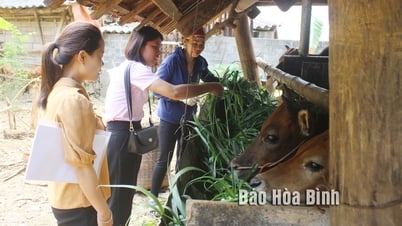
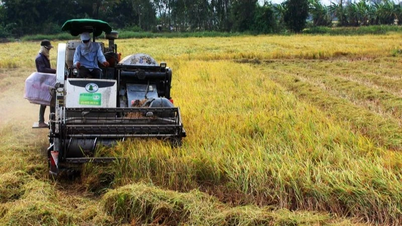

















































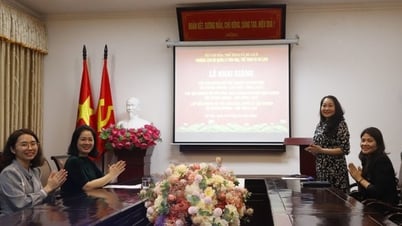


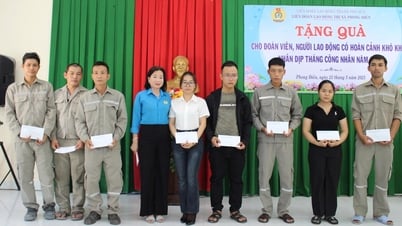
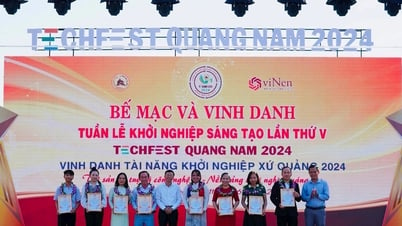

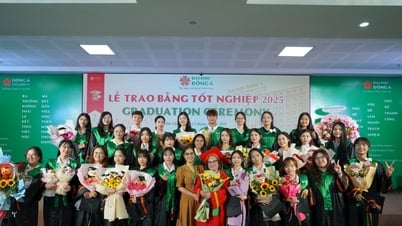

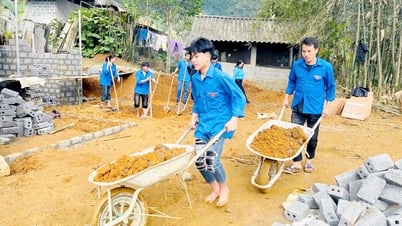











Comment (0)